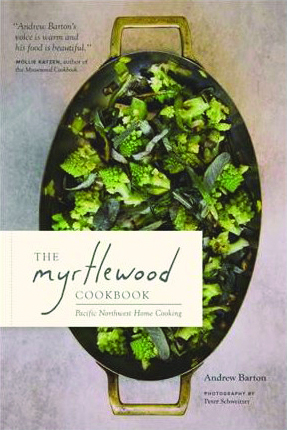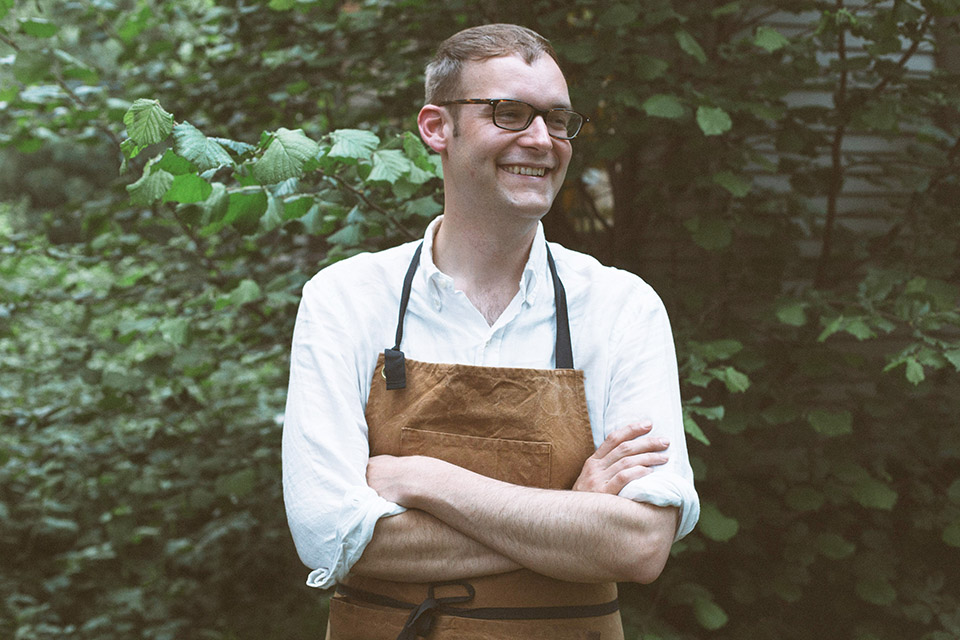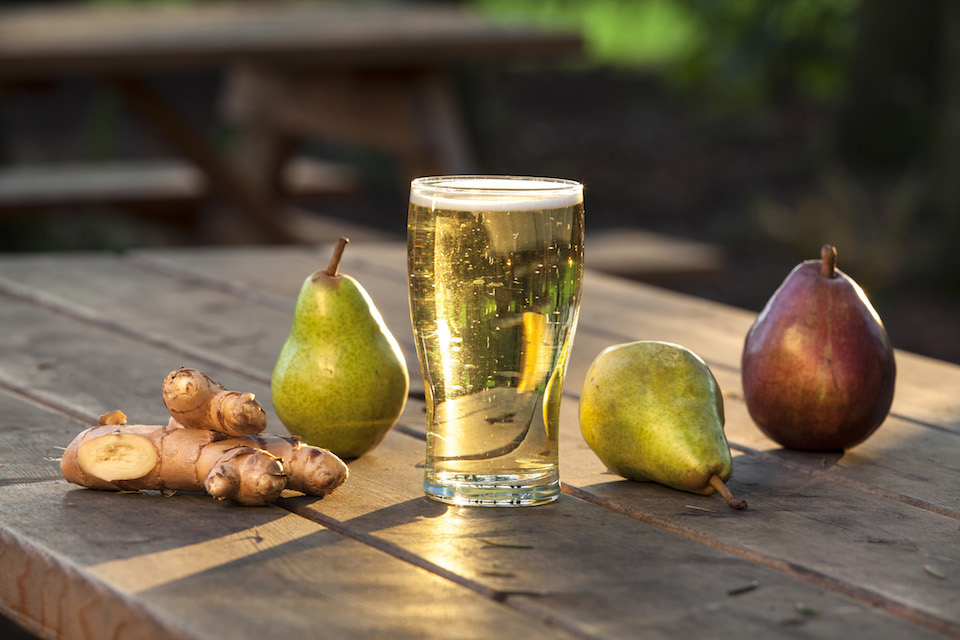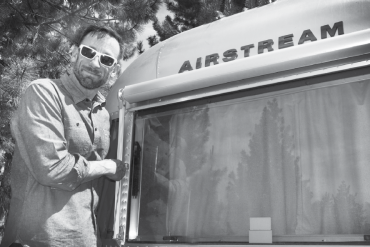The Secrets of Andrew Barton’s Supper Club
interview by Cara Strickland | photo by Peter Schweitzer

Unlike many cookbook authors, you’re not a trained chef. What was your journey to create this book?
I started cooking actively in a large group house during college. There were fourteen people living there, and we had to put dinner on the table for everyone every night of the week.
About six months after I’d graduated, I really started to miss that feeling of knowing that I had to get dinner on the table. I created Secret Restaurant Portland with a friend. My father is an author, my mother is a librarian, so I grew up surrounded by books. Through a combination of reading and then actively putting those lessons into practice, I became really interested in the cookbook format and started to get increasingly more inspired by reading them and then thinking about putting my own dishes on paper.
Your book is filled with Pacific Northwest food riches. What are some of your favorite parts of cooking and eating in this region?
When a lot of people have asked, ‘What is Northwest cooking?’ I say, ‘Well, there’s a lot of mushrooms, a lot of fish and a lot of greens.’ I feel like those are the ingredients that I grew up eating and appreciating and then missed out on while I was in college in Vermont. I tell people that Oregon is kind of like Northern Italy, England and Japan all mixed up into one—three of the areas in the world with the most consumption and traditional mushroom recipes—and here we are in a place that is producing that many mushrooms of interest and then being so close to the coast and being a state full of rivers we have a really abundant delicious seafood as well. That’s always been my focus and reoccurring interest.
Eating and cooking and community are central themes in your book. What importance do you see in enjoying food communally?
For me, it all goes back to that communal living situation in college, particularly because I have a very small family. I grew up an only child with parents who were only children. I had one very influential grandparent, my mother’s mother, a classic grandma who could cook very well, but essentially I did not experience that large group family dinner that so many people did. And yet, my family did really value dinner together every night. My father tends to come up with wonderful lines, repeating them over the years. One of them is that he’s so grateful that our family enjoys talking to each other. I really took that to heart. So, in college, in that communal living situation where we would be cooking for fifteen plus five to ten guests every night, with plates and bowls in our laps or on the coffee table in front of us, it would be important to talk to each other. We were all in this giant room and we had so many things going on in our lives, and so much to share. So that really crucial six-month period where I wasn’t doing anything like that, after college, I think part of what I really missed was that group table dynamic. So beyond the supper club project I think I’ve just grown more and more interested in having as many dining experiences with a group of loved ones as possible.







